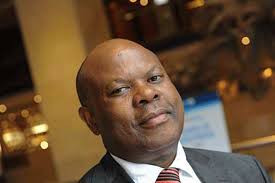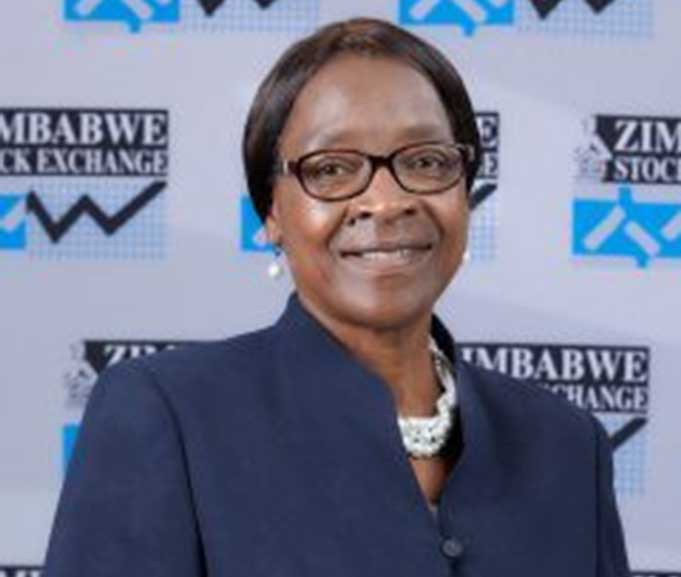
ABOUT 95% of US$2 billion worth of assets under management (AUM) is controlled by just 10 asset managers, with the rest struggling, a senior official with the Association of Investment Managers of Zimbabwe (AIMA) said.
With about 30 members, investments managers have not been spared by Zimbabwe’s prolonged economic crisis.
Despite the opening of the space by the Securities and Exchange Commission of Zimbabwe (SecZim), there has been no complementary increase in asset managers or AUM,businessbigest was told.
AIMA chairperson, Shelton Sibanda, who spoke on the side lines of last week’s Capital Markets Conference in Nyanga, said some firms in the top five were also struggling.
“More than 95% of our funds under management is controlled by just 10 firms there,” Sibanda said.
“The rest of the guys are really struggling. Even those top five or so firms are also not doing exceptionally well. There is a lot that we can do there. This means that 5% is for 20 odd managers
“We have been trending just about US$2 billion AUM. I think at the moment the number is about US$1,8 billion or US$1,7 billion. It has been going down mainly because of the issues I spoke about.”
These issues were in reference to the legislative constriction or the lower valuation in terms of the main assets that were being invested into, such as equities.
- Tough rules for capital markets key in containing inflation, says Seczim
- SecZim okays new rules on trading contracts
- Piggy’s Trading & Investing Tips: Cards or shares?
- SecZim shakes up capital markets
Keep Reading
“So, you can see the skew in terms of the distribution. In as much as we have seen an opening of the space by SecZim, in as much as we’ve seen an opening of the space in terms of licensing more players, we’ve not seen an equivalent increase in the number or in the value of funds under management (FUM),” Sibanda said.
He said the gap of asset managers and AUM locally in the capital markets, compared to the global front, was growing wider by the day.
“But, the key challenge there, really speaks to usually undervalued assets, particularly within the equity space,” Sibanda said.
“What we are seeing is that businesses have done very well, businesses have been investing. But, the valuation of the businesses on the listed exchanges, which l mentioned earlier, in excess of 50% of our assets within the equity space has resulted in our FUM or the funds that we’re managing, really sort of stagnating.”
He said a key cause of this had been the absence or disappearance of foreign investors.
Sibanda said other key challenges there was a lack of focus on what to invest in locally and a clear exit plan for the investor.
Sibanda said a lot of the fund managers and their underlying clients in Zimbabwe would just get in, with no clear exit mechanism, resulting in underperforming assets.
“What we have then realised is that there is a bit of an expectation gap—quite a huge one, if you'd want to put it, between what the investors desire and what we can do,” he said.
“What we've seen is that there has been a shift towards short-termism, and you can’t blame investors because of the challenges we’ve had in the past. Investors are focused on the now and now.”
Sibanda, however, said there was an opportunity for players to focus more on wealth management, adding that it was a properly glaring opportunity.
Speaking to investors at the Zimbabwe Investment and Capital Markets conference in the United Kingdom on Tuesday, Finance, Economic Development, and Investment Promotion minister Mthuli Ncube offered five areas where the government would partner investors.
This was done to give assurances that investments would be protected.
“Public-Private Partnerships (PPPs): The Zimbabwean Government is actively seeking private sector participation or collaborate through PPPs. Government is supporting Independent Power Producers (IPPs) through Government Implementation Agreement (GIA) in the renewable energy sector,” Ncube said.
“Incentives: government has a number of incentives offered that range from tax emption for the first 5 years, exemption of import duty on capital equipment, deferment of payment of VAT for the next six months to low withholding tax across all different sectors in Special Economic Zones. However, the extractive sector, mining sector will enjoy some of the incentives when there is beneficiation of the minerals.”
He also offered an ‘Asset Recycling Program’, inviting investors who can recycle some of critical equipment important to economic growth to invest in the country.
“Investment banking – invitation in the establishment of an investment bank that can help small enterprises or individuals to grow,” Ncube added.











